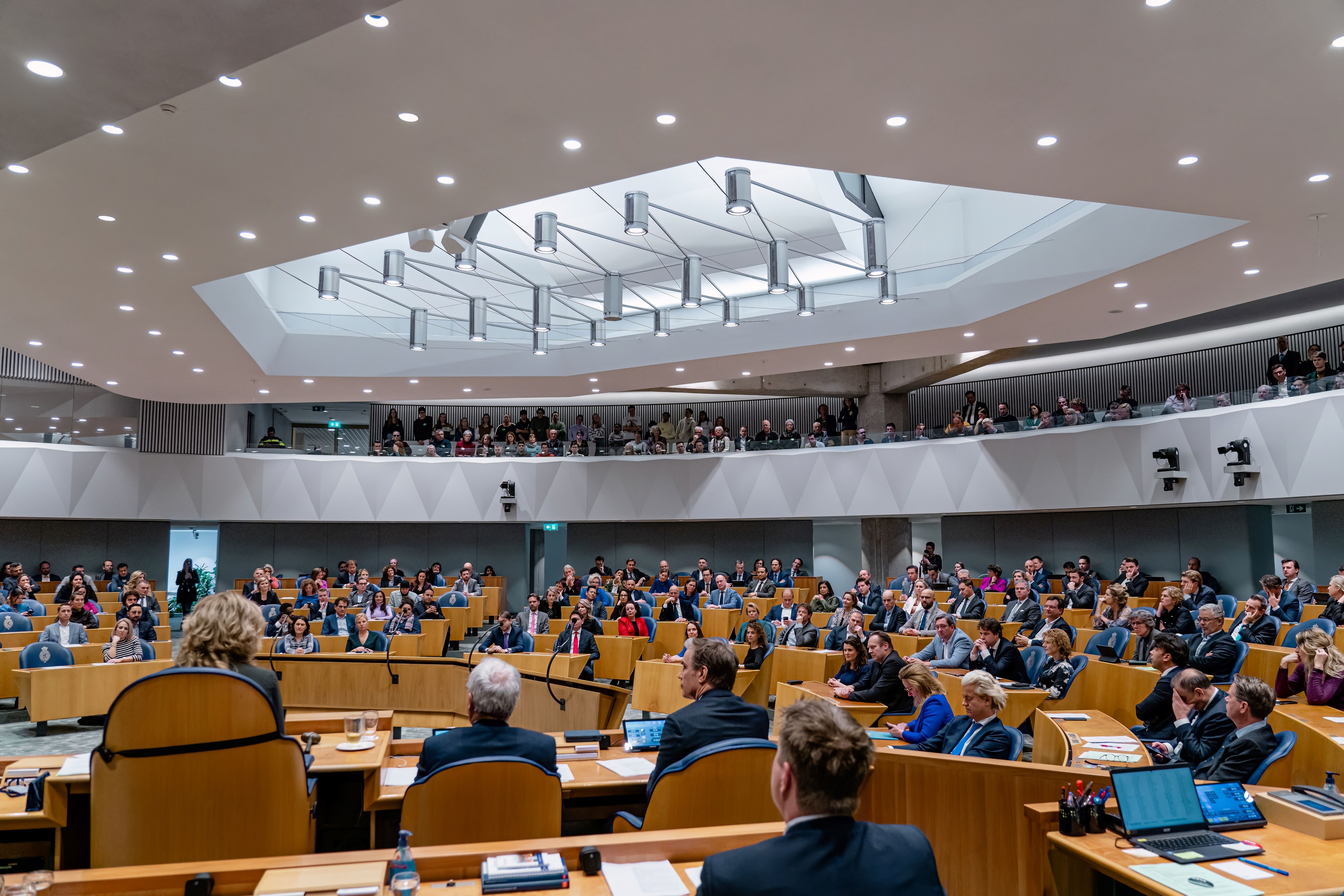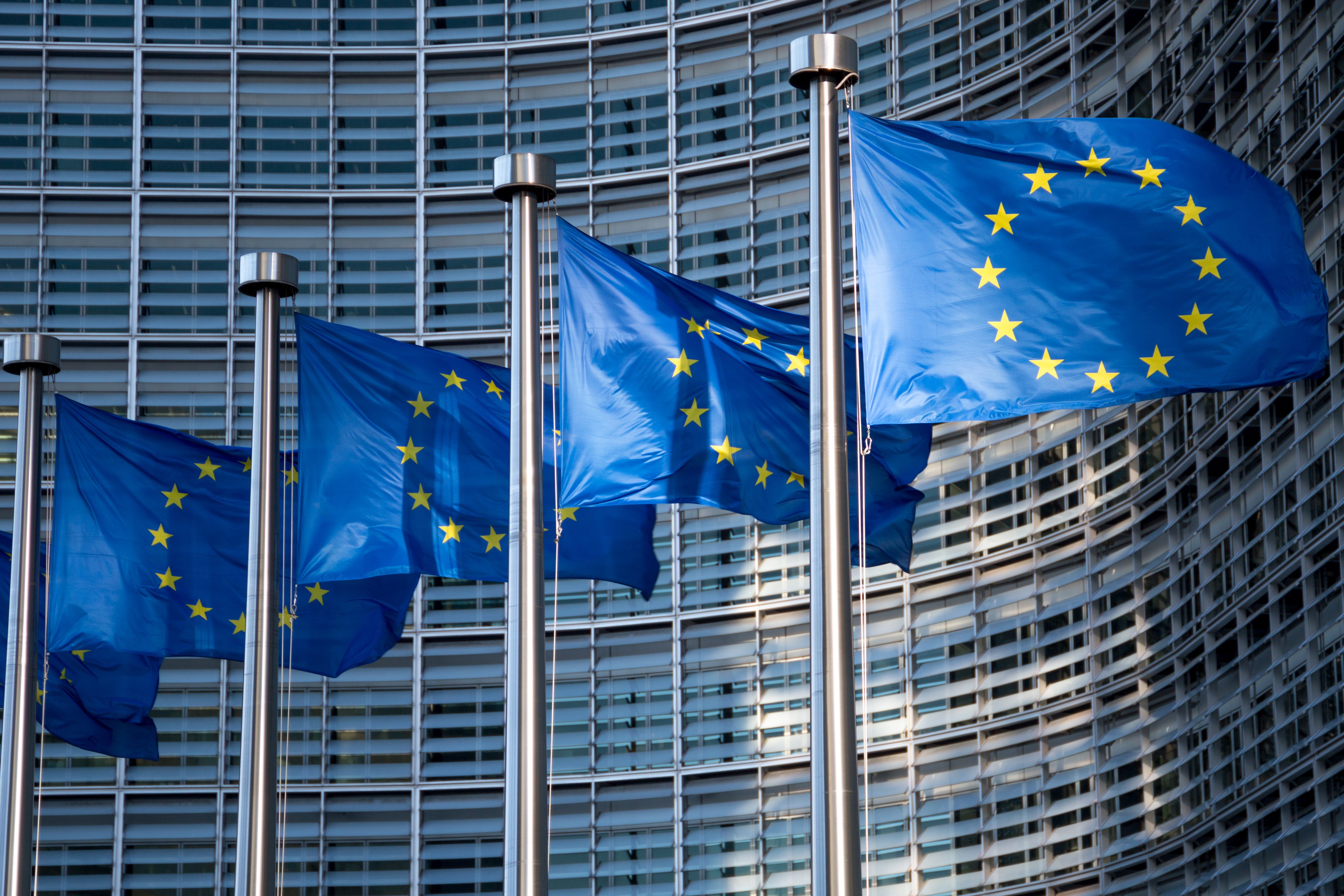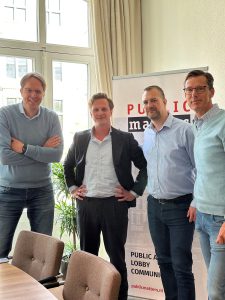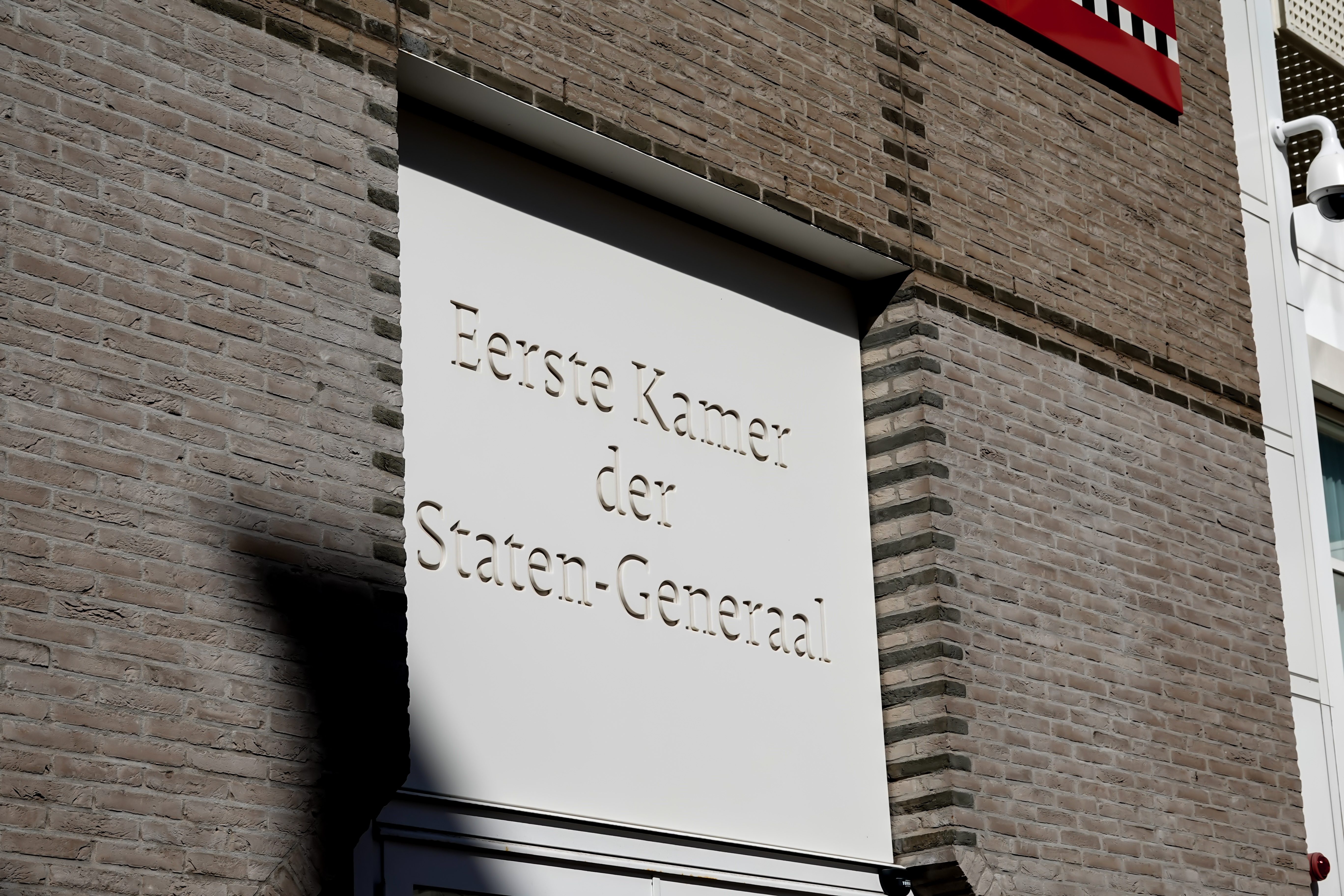Parliamentary elections on November 22, 2023 – towards a new cabinet! [UPDATE 21 July]
Barely two and a half years after the last ones, new Lower House elections will take place in the Netherlands on 22 November 2023. Although for many this still seems far away, political parties are working hard to be ready for the campaign and election day. This is happening against the backdrop of a significant exodus of politicians from The Hague, and a political arena that is thus becoming more and more open. Many political protagonists of recent years are leaving, and new faces are emerging. What will the coming months until the elections look like, and what are important milestones for public affairs professionals to keep a sharp eye on?
Vacancies and ‘musical chairs’ in politics in The Hague
The fall of cabinet Rutte IV has been accompanied by a big exodus from political The Hague. A growing list of influential party leaders, cabinet members and MPs will not return, including prime minister of over 13 years Mark Rutte (VVD – Conservative Liberals), Wopke Hoekstra and Pieter Heerma (CDA – Christian Democrats), Sigrid Kaag (D66 – Liberal Democrats), Carola Schouten and Piet Adema (CU – Christian Union). Uncertain but potentially influential is the future of MP Pieter Omtzigt. The most recent poll by I&O research showed that his possible participation in the elections has a lot of impact on the expected outcomes.
As a result, several parties are undergoing a game of musical chairs, with Dilan Yesilgöz coming forward as a potential successor to Rutte for the VVD, and Rob Jetten standing as a candidate for the D66 list leadership. At the CDA, Mona Keijzer, Hugo de Jonge, Marnix van Rij and Hanke Bruins Slot have thanked for the list leadership. In addition, the latter two indicated that they do not need another term in The Hague at all. On the left flank, PvdA (Labour) and GroenLinks (Greens) announced early this week a joint list and programme, and current EU Commissioner Frans Timmermans will return from Brussels to be nominated as list leader.
Election process and planning
Election programme committees, and selection committees, have been put together by most parties over the past two weeks. Each party uses its own timeline, participation procedure and agenda.
Often, election programme committees consist of a mix between parliamentary group staff, MPs, staff from scientific bureaus and prominent party members. Because the last elections were held not so long ago, many committees use the ‘old’ election programme 2021 – 2025 as a blueprint. It therefore pays off to connect any input to it: concrete and specific recommendations are more important than ever because the proposals are already somewhat coloured in. At the same time, much has happened on several policy dossiers since 2021, making adjustment or readjustment of positions inevitable. Think of the nitrogen crisis, aviation industry, or European tech legislation. Draft programmes will be published from early to late September, after which party members can amend it. Each party has its own procedure and rules for this, which can vary greatly.
Then the new party leaders. In several parties, the current list leader remains in place, but in parties such as VVD, D66, CDA and Pvda/GroenLinks, a new face is being sought. Many party boards have now nominated individuals; all nominations will be known by the end of August. It is then up to the party to vote in the list leader.
Finally, candidate lists are being constituted. This process also varies from party to party – for some, much of it will remain the same while parties like BBB (Farmers Rights Party) and VOLT (Pan-European Party) are busy recruiting new faces.
After the summer recess, party congresses then take place, where the list leader, election programme and candidate list are voted upon. Final election programmes and electoral lists are then published in October. The elections themselves take place on 22 November, usually the electoral recess starts about three weeks before – although the exact date is not yet known.
Policies: controversial or not?
Which policy files do MPs want to continue to discuss, and which not? There are no formal rules to determine in advance which papers are considered ‘controversial’. The Lower House prepares this in procedural meetings per committee in the first week after the recess. July and August are used by political groups and MPs to find majorities to declare dossiers controversial or not, and of course many companies, organisations, NGOs and other interest groups make themselves heard in this process. The Upper House can also declare documents controversial. A committee majority may respect the wishes of a committee minority to deem a particular item controversial. After all extra procedural meetings, the plenary Clerk’s Office draws up a list of all controversial items. Political groups can submit proposals to amend this list, after which the House votes on it on 12 September.
New topics can also be later declared as controversial by committees. Conversely, a committee can still decide to pursue a previously declared controversial topic by sending a letter to the Speaker of the House of Representatives and voting on that letter in the House.
After a new cabinet takes office, the House first holds a debate on the government statement. The new cabinet then sends an official communication to the House of Representatives on the proposals of the previous cabinet that are retained or withdrawn. After that, all items previously declared as controversial can be put back on the agenda for a procedural meeting, at which further discussion is decided.
National Budget debate?
An uncertain but important element in the coming months is the process of national budget negotiations. On Tuesday 19 September, the caretaker government will present the State Budget and Budget Memorandum for 2024 on ‘Prinsjesdag’ (budget day). From October to the end of November, the House of Representatives has scheduled written and plenary sessions to discuss each ministerial budget.
However, this schedule is thrown into disarray by the elections, and the election recess (normally 3 weeks) that precedes it. With the regular autumn recess (13 – 23 October), there seems to be little time left for the budget debates, even though they have to be approved in December. Moreover, it is difficult to anticipate the content of the national budget: controversial topics are not yet clear, and the caretaker government will present a policy-poor budget at all so as not to get in the way of a new cabinet. It is expected to become clear shortly after the recess what path the House Presidium has in mind for this.
Outlook
The upcoming elections look set to mark a major shift in Dutch politics. The upcoming campaign, elections and coalition negotiations will be filled by many ‘new’ faces, while parties have only a few months to prepare. Moreover, initial polls show significant trends, such as strong growth for BBB and significant losses for CDA and D66. The joint list of PvdA and GroenLinks led by Timmermans also seems likely to be succesfull.
All these elements contribute to a hectic election period, during which it can be difficult to distinguish main and secondary issues. Public Matters naturally keeps a close eye on the situation. If you would like to know more about how we can support you in this regard, please feel free to contact us.












